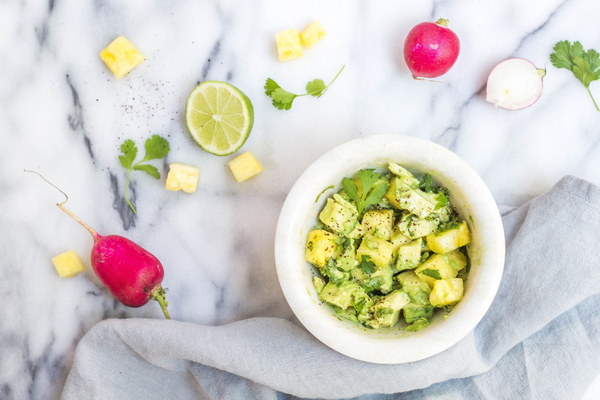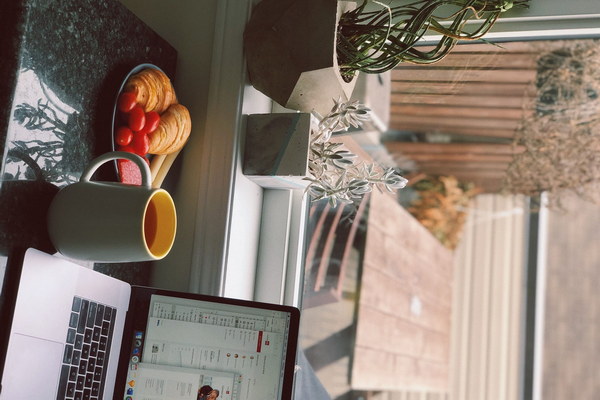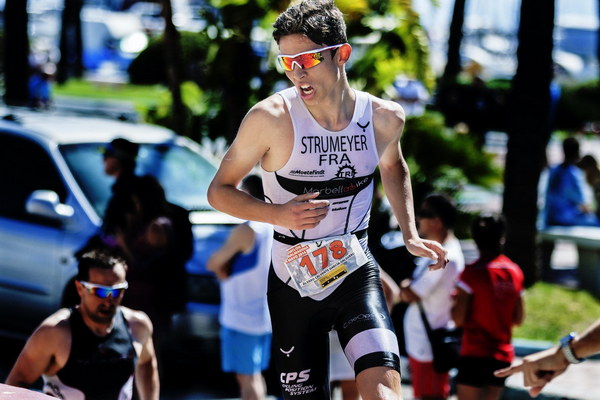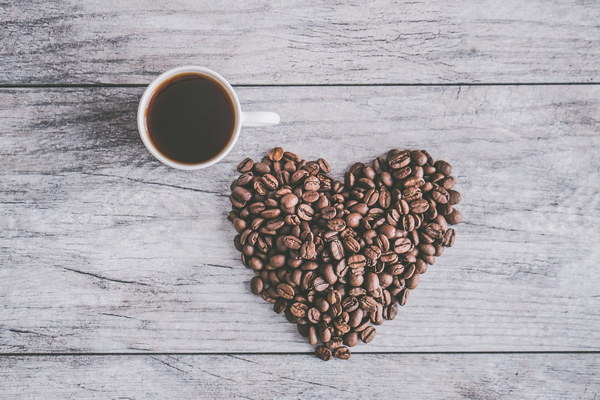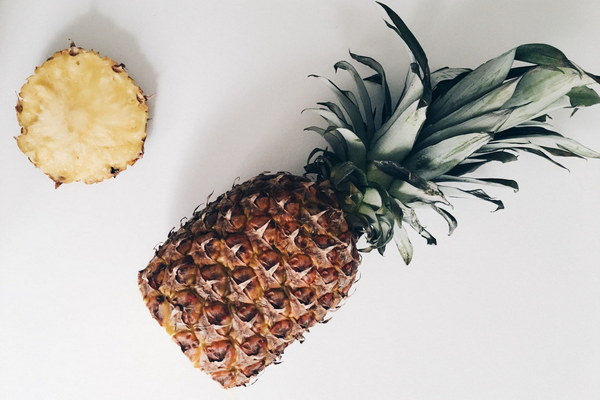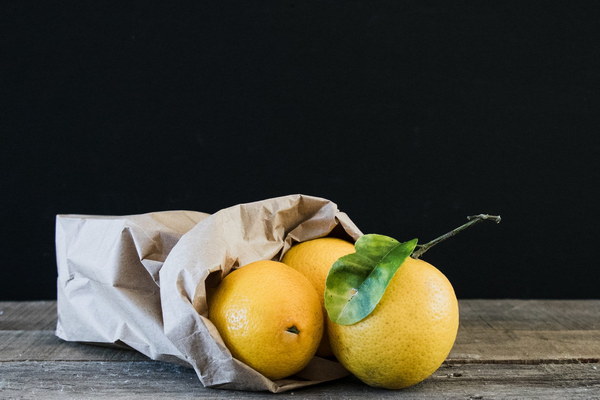Overcoming Excessive Sweating During Meals A Guide to Body Regulation
Excessive sweating during meals, a condition often referred to as gustatory sweating, can be an embarrassing and uncomfortable experience. However, it's important to understand that this condition can be managed and regulated through various methods. In this article, we will explore the causes of gustatory sweating, its impact on daily life, and the best strategies to regulate your body and alleviate this inconvenience.
1. Understanding Gustatory Sweating
Gustatory sweating, also known as facial or gustatory hyperhidrosis, occurs when you sweat excessively while eating or drinking. This condition can be caused by a variety of factors, including genetics, nervousness, and certain medical conditions. While it's more common in women and people with a family history of hyperhidrosis, it can affect anyone.
2. Impact on Daily Life
Excessive sweating during meals can have a significant impact on your daily life. It may cause you to avoid social gatherings, feel self-conscious, and struggle with maintaining a healthy diet. Moreover, it can lead to discomfort, wardrobe malfunctions, and even skin irritation.
3. Causes of Gustatory Sweating
To effectively manage gustatory sweating, it's essential to understand its causes. Some common causes include:
a. Genetics: If you have a family history of hyperhidrosis, you may be more susceptible to gustatory sweating.
b. Nervousness: Anxiety or stress can trigger sweating during meals.
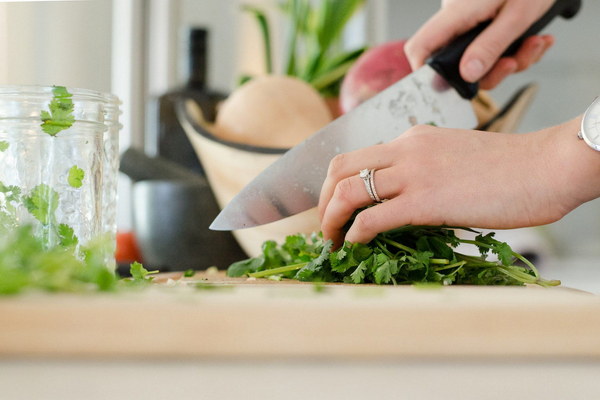
c. Medical conditions: Certain medical conditions, such as hyperthyroidism or menopause, can contribute to gustatory sweating.
d. Certain foods and beverages: Spicy, acidic, or hot foods and drinks can exacerbate sweating during meals.
4. Strategies to Regulate Gustatory Sweating
Here are some effective strategies to help regulate your body and alleviate excessive sweating during meals:
a. Identify and avoid trigger foods: Keep a food diary to identify any specific foods or beverages that trigger your sweating. Once identified, try to avoid them.
b. Manage stress: Engage in relaxation techniques, such as deep breathing, meditation, or yoga, to manage stress and reduce the likelihood of sweating during meals.
c. Use antiperspirants: Apply a strong antiperspirant before meals to help control sweating.
d. Wear breathable fabrics: Choose clothing made from natural fibers like cotton, which allow your skin to breathe and reduce sweating.
e. Seek professional help: If you find that these strategies are not effective, consider seeking the help of a dermatologist or endocrinologist. They can provide medical treatments, such as Botox injections or iontophoresis, to manage gustatory sweating.
5. Lifestyle Changes
In addition to the above strategies, implementing certain lifestyle changes can also help regulate your body and reduce excessive sweating during meals:
a. Stay hydrated: Drinking plenty of water throughout the day can help regulate your body temperature and reduce sweating.
b. Maintain a healthy weight: Excess weight can lead to increased sweating. Try to maintain a healthy weight through a balanced diet and regular exercise.
c. Get enough sleep: Adequate sleep is crucial for overall health and can help regulate your body's sweating response.
In conclusion, excessive sweating during meals can be a challenging condition to manage. However, by understanding its causes, implementing effective strategies, and making lifestyle changes, you can regulate your body and alleviate this inconvenience. Remember, it's essential to seek professional help if these methods don't provide the desired results. With persistence and determination, you can overcome gustatory sweating and enjoy a more comfortable dining experience.


